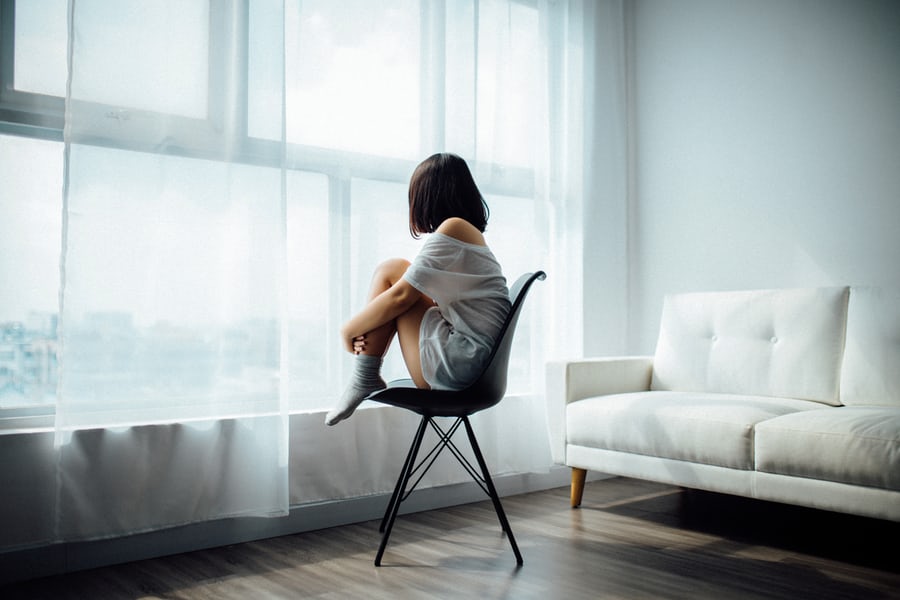No man is an island
The phrase ‘no man is an island’ is one you’ve no doubt heard before. When writing this, the English poet, John Donne was expressing the idea that human beings do badly when isolated from one another as we need to be part of a community in order to thrive.
Currently many of us now find ourselves in this unfamiliar situation through no choice of our own. Social isolation can lead to feelings of loneliness, fear of others and low self-esteem. Research has found that the magnitude of risk associated with social isolation is comparable with that of cigarette smoking and other major biomedical and psychosocial risk factors.
Further research indicates that it may contribute to lower overall cognitive performance and poorer executive functioning, faster cognitive decline, more negative and depressive cognition, and heightened sensitivity to social threats.
Although the picture this paints is hardly a pretty one, it’s important to remember that it is possible to still communicate with the outside world and our loved ones. Indeed, it is essential to do so in order to protect our mental health.
With that in mind, here are our recommendations to minimise the impact of self-isolation on your emotional well-being.
Pick up the phone every day
I know this sounds obvious, but it needs stating. The novelty and uncertainty of the current situation might have caused you to feel shell shocked and unsettled. You might find yourself not feeling as sociable as you would normally. You may not feel like talking to someone on the phone as you are still trying to internally process what’s happening.
All of these are normal reactions to the pandemic. However, picking up the phone and reaching out to someone is exactly what will help. People won’t expect you to be your usual self right now. They will understand if you decide you want to share your fears and concerns. You may decide to phone a friend, a family member or even seek more formal mental health support.
Talking to someone on the phone will allow you to retain that social connection which is more important now than ever.
Video calls
There are now numerous platforms that allow you to make video calls. Being able to see your loved ones and read the emotion in their faces as you talk to them adds another level of connection and can lift your mood more than a phone call.
And, for those of you who may consider yourselves to be technophobes, we promise you they are easier to use than you may think.
Virtual groups
One way to stay connected to a number of people at any one time is to set up a group where numerous people can chat to and support one another. This creates the feeling that there are people there for you and can help to reduce experiences of loneliness.
Virtual drinks parties
This is a great option for those of you who want to create the sociable vibe from the comfort and convenience of your own home. Platforms exist that can allow you to speak to a number of people on the same call. This means you can sit there with a glass of wine or a cup of tea while talking to your friends as if they were sitting there in front of you.
Final thoughts
Khody Damestani, leading therapist and co-founder of MyMindPal, says: “Staying connected to others is incredibly important to reduce the negative impact of self-isolation. Technology offers numerous ways that you can do that. Coping with this unusual situation we find ourselves in can be made easier by remaining connected to one another and offering support and non-judgmental communication.”










